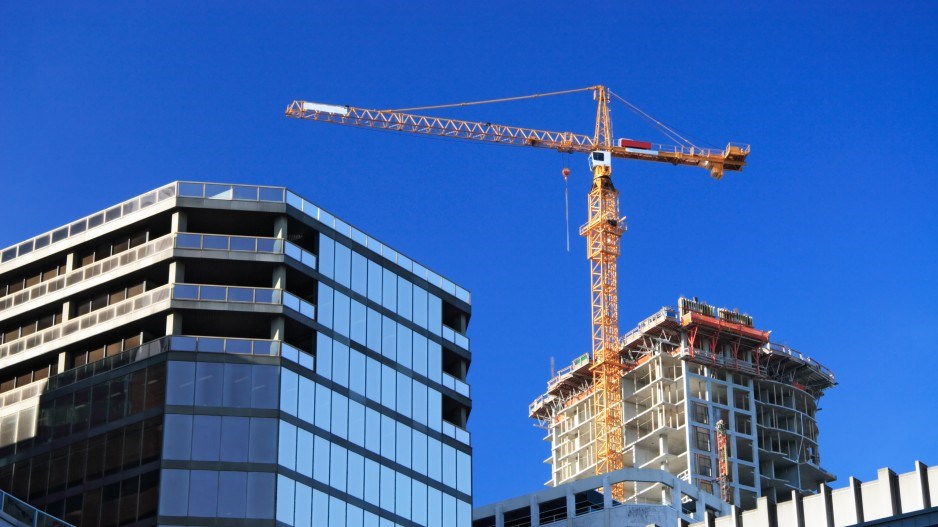Of all the government policies meant to cool an already frigid housing market, the federal government’s new two-year ban on foreign residential buyers is proving the most controversial because it will limit new home construction and hammer the commercial real estate sector, analysts say.
The ban came into force on January 1, 2023, and, critics say, it was done with little consultation or deep thought on its impact.
The Prohibition on the Purchase of Residential Property by Non-Canadians Act is playing havoc with the commercial real estate market, according to Dentons, a global law firm that has studied the ban.
Ottawa has greatly expanded the original scope of the act, including who is considered to be a “non-Canadian” for the purpose of the act, what constitutes a “residential property” and what is considered a “purchase,” the law firm noted.
“As a result of the regulations, the act may now effectively prohibit a broad range of commercial transactions by corporations and other entities which have even a minuscule degree of foreign ownership or control,” Dentons said in its report.
The law’s definition of residential property includes land that is zoned for residential use or mixed use, which covers huge swaths of commercial land across the country, including nearly all urban real estate. Even farmland is exposed as it often has a residential dwelling. As well, an entity is deemed a foreign buyer if a non-Canadian owns a minimum of 3 per cent of the asset.
As an example of its wide impact on commercial real estate, Dentons notes European- or American-based retailers could be stopped from opening Canadian outlets because the regulation means their acquisition of a lease in a mixed-use property would be prohibited.
New housing supply threatened
Meanwhile, the the Canadian Home Builders' Association (CHBA) is calling on the federal government and Canada Mortgage and Housing Corp. (CMHC) to change regulations within the foreign-buyer ban they say work against building more housing supply.
Part of the issue, according to CHBA CEO Kevin Lee, is that the regulations prohibit Canadian companies with more than 3 per cent foreign ownership from buying vacant land for residential development, and from purchasing properties with fewer than four units on them.
“That has created a massive issue for our industry in home building and land developments because we have lots of companies in this country that have a small or, even in some cases, a larger amount of foreign ownership,” he said.
In addition, land that has been zoned as mixed-use land can no longer be purchased for development by any company that is partially foreign owned, according to CHBA.
“Let's suppose you want to buy some mixed-use land, to put up a shopping mall, a plaza or a theatre. You actually can't right now if any portion of your business has some foreign ownership.” Lee said.
The ban may have been instrumental in the recent collapse of major Vancouver-based residential developers, which have both foreign ownership links and non-Canadian buyers.
It could also blunt the current federal campaign to boost immigration to record levels over the next two years.
When it comes to legislation like this, “the devil is in the details,” said Lee. In cases like the foreign buyer ban, the federal government will typically release the regulations 30 days or more ahead of time to allow for review and feedback, he said.
This time, the regulations were released on December 21, 2022, just under two weeks before the ban took place.
“We've tried to say, ‘Hey, this is a big problem.’ It's not just a question of before it comes into law, it has become law,” Lee said.
CHBA has not heard directly from the federal government or CMHC as to what the course of action will be regarding the regulation of vacant land. The hope, Lee said, is that the impact of the regulations are an “unintended consequence” that will be addressed.
In a prepared statement, a spokesperson from the Office of the Minister of Housing and Diversity and Inclusion said that the federal government is closely monitoring the implementation and impact of the ban across Canada.
"We will continue to engage with stakeholders as we consider potential additional steps to ensure this measure does not have unintended impacts on communities," the statement said.



